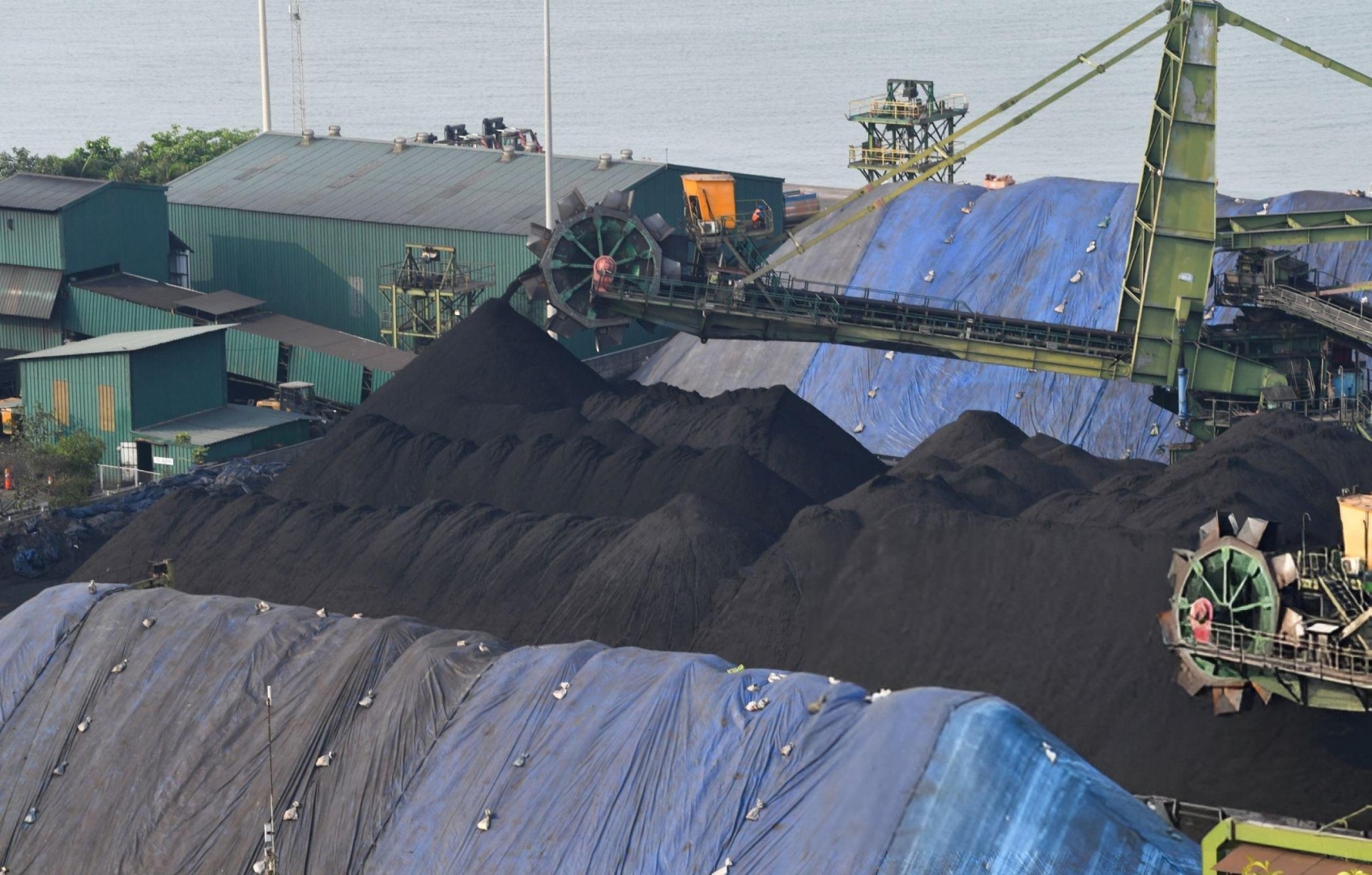
GSPCB says coal operations at Mormugao Port continue under strict oversight to limit environmental impact.
MAPUSA
The Goa State Pollution Control Board (GSPCB) has stated that no additional coal handling capacity has been permitted at the Mormugao Port Authority (MPA), even as three companies together moved nearly 9.30 million metric tonnes (MMT) of coal through the State’s only port in the 2024-25 financial year.
According to figures shared by the Board, M/s South West Port Limited (JSW) handled 1.226 MMT, followed by M/s Adani Mormugao Port Terminal Pvt Ltd (1.302 MMT) and M/s Mooring Dolphin (0.038 MMT) during the first quarter of the current financial year.
By comparison, a total of 10.24 MMT of coal was handled at MPA in the entire 2023-24 period.
A senior GSPCB official confirmed that “MPA has not yet received any proposal from coal terminal operators to increase or decrease coal handling at its terminals, nor is there any proposal under consideration to convert iron ore berths for coal handling.”
Air quality and health study
To assess environmental impacts, the GSPCB is monitoring ambient air quality in Baina and the MPA areas.
Data from January to June 2025 shows the Air Quality Index (AQI) ranged from satisfactory to good in Baina, while MPA recorded moderate levels in January, improving to good to satisfactory between April and June.
Additionally, the Board has commissioned the ICMR–National Institute of Occupational Health (ICMR-NIOH), Ahmedabad, to undertake a detailed health study of communities residing in and around Vasco.
The project will be fully funded by public-private-partnership (PPP) operators through MPA.
Strict consent conditions
While renewing consent to operate, the GSPCB has imposed a long list of conditions on coal-handling companies aimed at minimising air and water pollution.
Among the key requirements are: * Restriction of coal/coke handling quantities during the monsoon; * Covering cargo during barge transportation and ensuring minimal spillage; * Using dust suppression systems, water sprinklers, and mist cannons during loading/unloading; * Stopping cargo operations if wind speed exceeds 8 metres per second; * Maintaining a minimum 10 per cent moisture content in cargo to reduce dust dispersion; * Covering wagons with tarpaulin and exploring mechanised closure systems; * Installing and operating additional water sprinklers, sweepers, and dust control infrastructure; * Constructing a 12-metre windbreaker wall near the fishing jetty towards the city side; * Conducting ambient air and water sediment quality monitoring through MoEF&CC-approved laboratories; * Maintaining an online continuous ambient air quality monitoring system (CAAQMS) connected to the Board’s server.
The companies are also required to provide tarpaulin sheets between barges and vessels to prevent marine pollution, install vertical gardens within the port periphery and ensure road sweeping in Vasco’s transportation routes daily.
“The Board conducts inspections at regular intervals to verify compliance with consent conditions and address complaints,” the GSPCB official added.